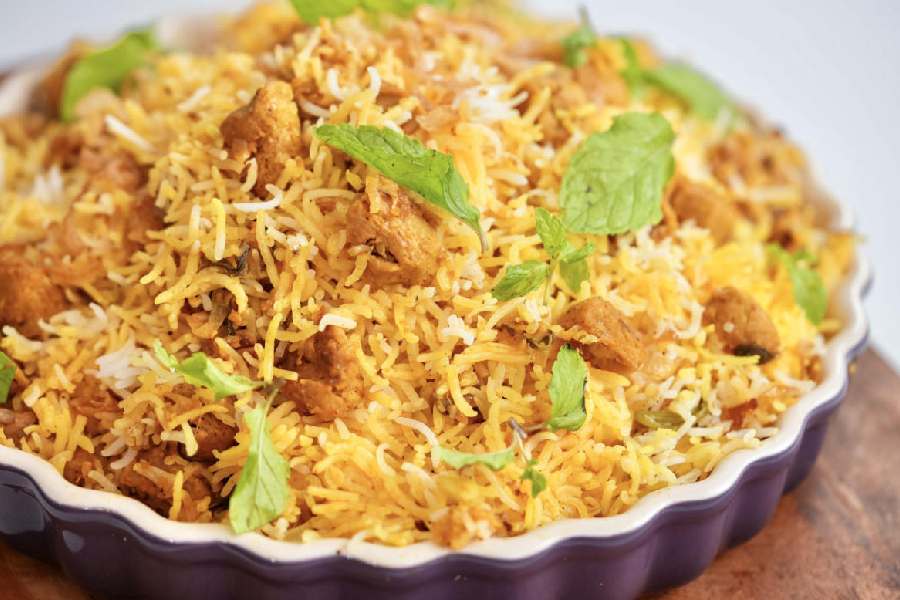Book: FORGOTTEN FOODS: MEMORIES AND RECIPES FROM MUSLIM SOUTH ASIA
Edited by Siobhan Lambert Hurley, Tarana Husain Khan, Claire Chambers
Published by: Picador
Price: Rs 499
“Food, like language, is one of the most important and obvious markers of cultural identity. And food, like language and culture, is intensely political.” This assertion by Aliya Nazki beautifully sums up the thrust of this book. Just as different aromas and flavours unfold in a carefully-prepared family delicacy, each essay in this book reveals the social, political, economic and religious undercurrents that tinge memories related to food and eating in different communities. Every feast, eating ritual, spice mix and nuskha — a homemade recipe for skincare, beautification and cleansing concoction — thus has its own, often conflicting, history: of starvation and abundance, of community service and expectations, of geographical and chronological location, of societal approval and perception. The editors peered into the nooks and crannies of the communities’ psyche, truly bolstering the aphorism ‘You are what you eat’.
In a collection that is a collaboration among food historians, chefs, heritage practitioners, scholars and others interested in food, it is only natural that not all pieces — the ingredients — of Forgotten Foods are equally eloquent. Some, indeed, are quite banal; some others focus more on faithfully recording historical migration and family lineages rather than on reminiscing or storytelling. But each contribution displays a sensitivity to and an engagement with food as a language unto itself.
The choice of illuminating food stories and histories from Muslim South Asia is a bold one and necessary in the face of “...the devastating assault on food cultures connected to Muslim communities in contemporary India.” The soyabean biryani recipe, a favourite of Junaid Khan who was stabbed to death in 2017 on a Delhi-Mathura train for alleged ‘beef-eating’, becomes especially poignant here. Forgotten Foods, therefore, emerges not only as a treasure trove of fast-fading heritage recipes but also as a symbol of affirmation of communities under threat as well as an act of resistance against the annihilation of identities.










